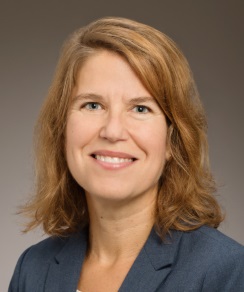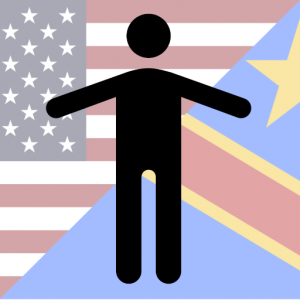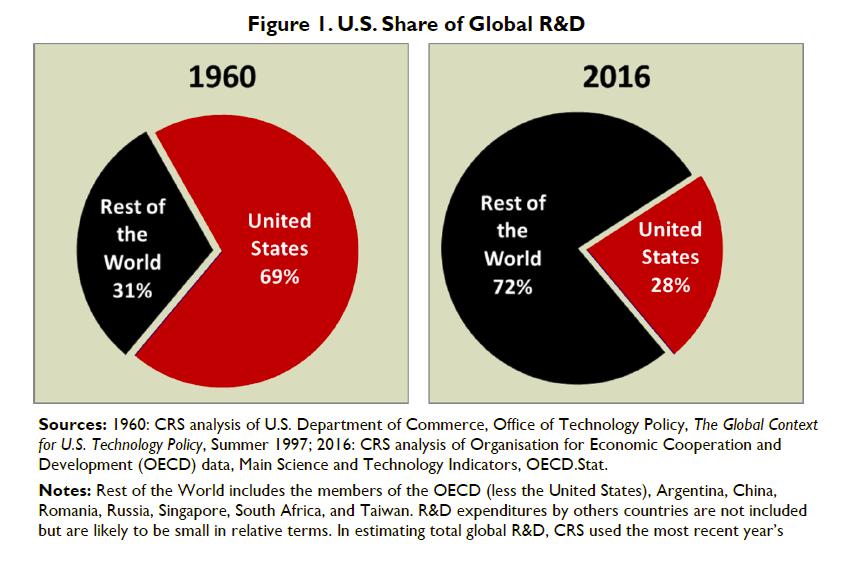 On Wednesday, February 26, Dr. Liv Thorstensson Dávila gave a presentation entitled “Reconceptualizing Citizenship and Civic Engagement from the Perspectives of Newcomer Immigrant and Refugee Youth.” The event was the second in the Center for Global Studies’ Global Migrations series. Dr. Dávila is an Assistant Professor of Education Policy, Organization & Leadership at the University of Illinois’ College of Education.
On Wednesday, February 26, Dr. Liv Thorstensson Dávila gave a presentation entitled “Reconceptualizing Citizenship and Civic Engagement from the Perspectives of Newcomer Immigrant and Refugee Youth.” The event was the second in the Center for Global Studies’ Global Migrations series. Dr. Dávila is an Assistant Professor of Education Policy, Organization & Leadership at the University of Illinois’ College of Education.
Dr. Dávila spoke about her research on the relationships between language, learning, and identity in immigrant and refugee youth. Because of the 1982 Plyer v. Doe Supreme Court ruling, all children residing in the US have a right to public education regardless of citizenship status. As a result, the school is the space where many immigrant and refugee children are first exposed to the values, social norms, expectations, and civic ideals of the United States. These youths are faced with questions about their identities as minorities in school, in their communities, and in the US.
Dr. Dávila wanted to understand how newly arrived immigrant and refugee high school students conceive of civic engagement, and how do these students channel civic learning and (dis)engagement through their language and literacy practices in school. She conducted focus interviews with twelve students enrolled at a middle school in the Champaign-Urbana area. The students were all immigrants from the Democratic Republic of the Congo or from Cameroon. Their mother tongue was Lingala, although most of the students were also proficient in French. At school, the students were enrolled in ESL (English as a Second Language) courses on civics, history, and social studies.
 The data collected by Dr. Dávila was gathered from 2015 to 2018. The policies and rhetoric surrounding migration are constantly changing, and her research was conducted during the installation of the Trump administration and its subsequent tightening of immigrant policies. The national conversations about immigration at that time influenced how the students considered and discussed their identities as immigrants; they worked to make sense of their histories as immigrants in relation to Black Lives Matter and the Trump administration.
The data collected by Dr. Dávila was gathered from 2015 to 2018. The policies and rhetoric surrounding migration are constantly changing, and her research was conducted during the installation of the Trump administration and its subsequent tightening of immigrant policies. The national conversations about immigration at that time influenced how the students considered and discussed their identities as immigrants; they worked to make sense of their histories as immigrants in relation to Black Lives Matter and the Trump administration.
In their interviews, the students expressed strong attachment to their countries of origin, but unfamiliarity with the dynamics of US politics. However, they demonstrated growing political consciousness and understandings of connection (or dissociation) with American histories. For the students, civic engagement was a social process and a mechanism for self-discovery. They developed complex understandings of civic engagement in relation to their personal advancements and rights, and they were aware of the dynamics between race and citizenship. The students took pride in their ethno-racial heritage, but demonstrated keen awareness of their roles as African-identifying individuals living in the United States. They also asked questions about the morality of immigration: who is a “good” immigrant? Who is a “bad” immigrant?
Because of her background in linguistics, Dr. Dávila could communicate with the students not only in English, but in French as well. She observed that the students who participated in her research would often speak their primary languages. Through their use of language, the students tapped into different nationalities, expressing identities in a global context that straddled national boundaries.
Published release of Dr. Dávila’s research is pending. She hopes her work contributes to a more nuanced understanding of international identities and immigration.
_______________________________________________________________
For further information and resources relating to this talk, please visit the event’s accompanying libguide.
For more about Dr. Dávila‘s work, refer to her Illinois Experts profile.

 Figure 1: Source: US Congressional Research Service. (2018, June 27). Global Research and Development Expenditures: Fact Sheet. Note the definition of “rest of the world”.
Figure 1: Source: US Congressional Research Service. (2018, June 27). Global Research and Development Expenditures: Fact Sheet. Note the definition of “rest of the world”.